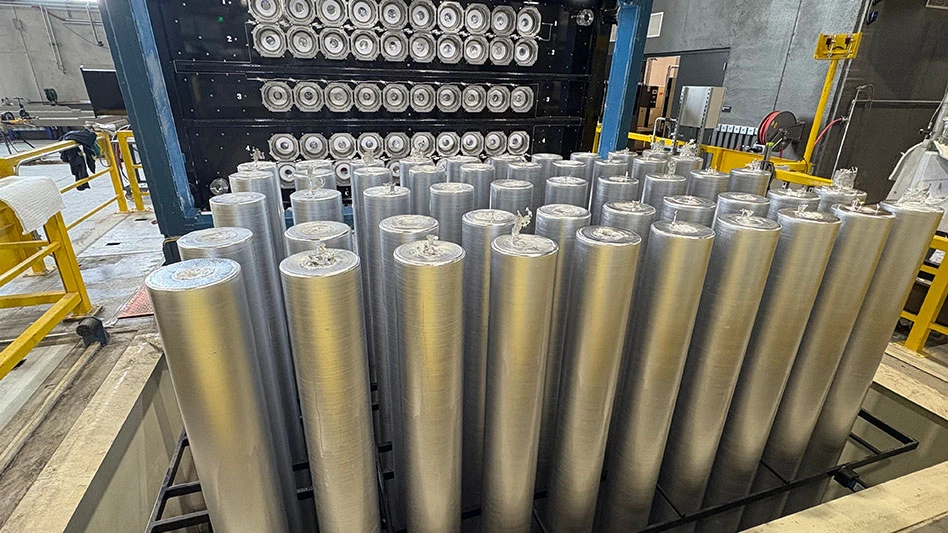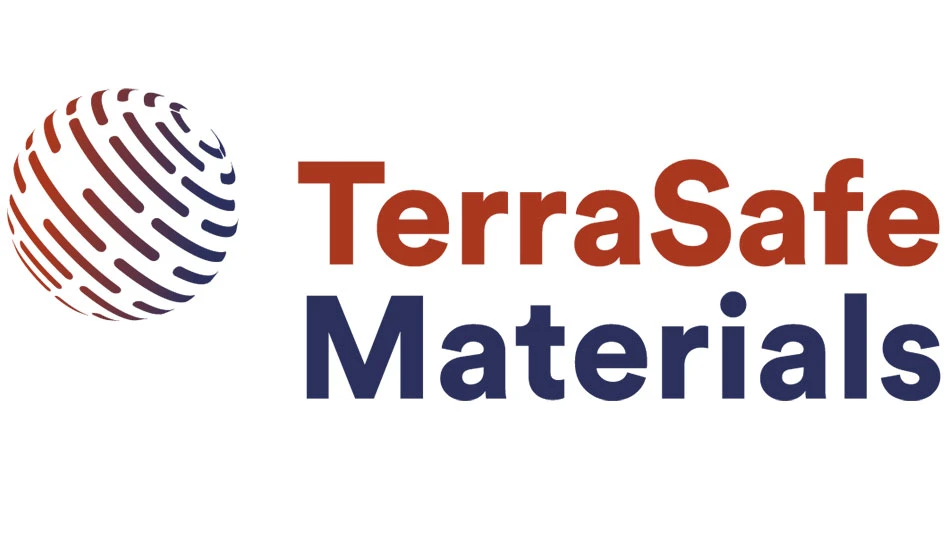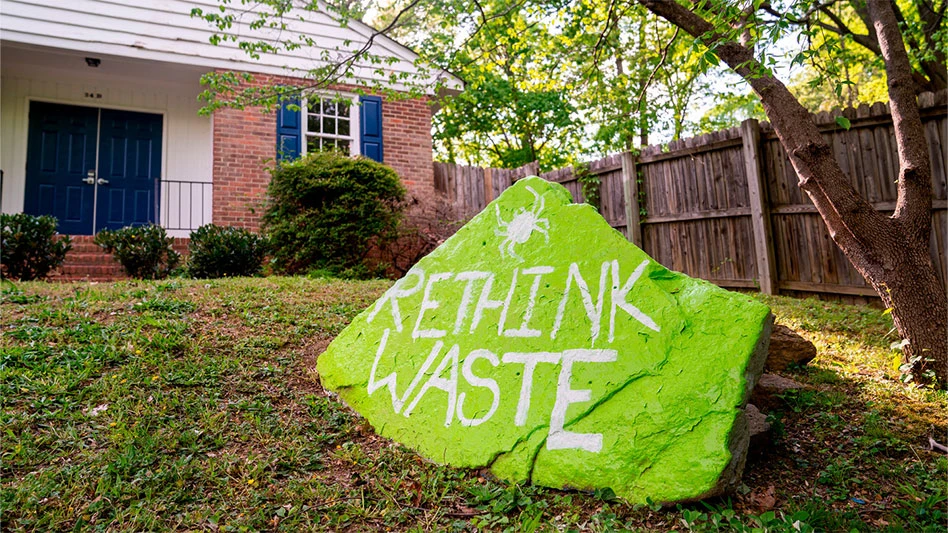
Photo courtesy of SABIC
Saudi Basic Industries Corp. (SABIC), Riyadh, Saudi Arabia, launched a pilot project in November 2021 that will initially run for 12 months with technology firm Finboot, advanced recycling firm Plastic Energy and packaging specialist Intraplás to investigate the possibilities of blockchain technology in supporting end-to-end digital traceability of circular feedstock in customer products. To improve the process of tracing the journey of feedstock through the petrochemical value chain and support the delivery of that product to customers, SABIC says it launched this pilot project to demonstrate the feasibility of using a blockchain-based, value-chain IT application.
According to a news release from SABIC, Finboot’s MARCO software solution will act as a middleware layer to track TACOIL produced by Plastic Energy from its recycling process as well as the delivery of this oil to SABIC for conversion into its Trucircle polymers and finally the delivery of the polymers to Intraplás for conversion into its packaging solutions. SABIC says it expects this platform will reduce costs, time and improve data integration for value chain partners. The company says the technology also ensures that all data gathered remains immutable while shared across suppliers, customers and regulators, providing transparency, auditability and accountability in a complex industrial ecosystem.
“This pilot has the potential to make a big impact in the value-chain, providing a new level of traceability and transparency for recycled plastics, and demonstrating how advanced recycling can play a valuable role in the circular economy of plastics,” says Carlos Monreal, founder and CEO of Plastic Energy.
According to SABIC, blockchain technology helps to validate sustainability proof points and organizations’ environmental, social and governance (ESG) credentials. The technology also reduces the administrative efforts associated with the certification process of materials and is also a more reliable process, due to the reduced risk of human error.
Waleed Al-Shalfan, vice president Polymers Technology & Innovation at SABIC, says, “At SABIC, we have a deep commitment to innovation and technology that can help us to deliver more sustainable solutions to our customers. Our vision to create a circular economy for plastics requires a total transformation of the value chain and pioneering partnerships with partners both upstream and downstream. Blockchain technology holds exciting potential for the provision of our Trucircle products to customers, and therefore for our commitment to supporting customers in their sustainability ambitions.”
“The blockchain technology project will reinforce our objectives even more, as it will help us to improve performance, create additional transparency to the supply chain and promote digital traceability for our certified circular packaging,” adds Marisa Alves, chief procurement officer at Intraplás. “This is an Intraplás contribution, through more concretely sustainable solutions, to a real circular economy.”
According to SABIC, the announcement of the project follows the successful completion of the first end-to-end transaction from end-of-life plastic processing by Plastic Energy, through cracking by SABIC, to the production of a yogurt cup by Intraplás. "We have proven that we can trace the food package to its plastic waste raw materials," the company says. "We are currently fine-tuning the mapping of product to feedstock, as well as improving the look and feel of the traceability results to make it easily accessible and understandable for end-consumers."
*This article was updated Aug. 3, 2022, to add the duration of the pilot and the details of the first end-to-end transaction.
Get curated news on YOUR industry.
Enter your email to receive our newsletters.
Latest from Recycling Today
- European Commission drafts new rules for chemically recycled content in plastic bottles
- Redwood Materials launches Redwood Energy
- Cirba Solutions announces new human resources executive
- Cascades to close packaging site in Niagara Falls, New York
- The Glass Recycling Foundation awards $137K in grants
- Goodwill Industries of Ontario Great Lakes and Rotogran International announce collaboration
- Textile Recycling Expo USA launches in Charlotte, North Carolina
- SSAB trials using crumb rubber from scrap tires in steelmaking






